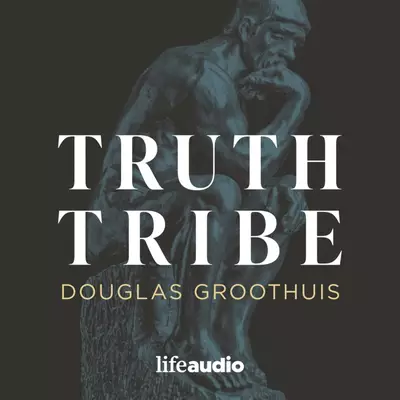9 Common Mistakes Made By Critics of Intelligent Design
In my many years of studying and defending Intelligent Design (ID), I have noticed at least nine common mistakes made by critics. These errors disallow a proper evaluation of ID theories as scientific explanations. Much of the ink spilled in opposition to ID can be erased by noting these fallacies. Most if not all of these mistakes are mentioned in Stephen Meyer’s stellar defense of ID, called Return of the God Hypothesis (Harper One, 2021).
1. Critics of ID claim that genuine science is intrinsically naturalistic, and thus ignore the history of science in the West, which was decisively influenced by a Christian worldview. That is, they assume methodological naturalism, which automatically freezes out the design inference.
2. They dismiss ID arguments because they are offered by religious people. This is the ad hominem fallacy and begs the question, another fallacy.
3. They place ID explanation in the category of bogus supernaturalism, such as fairies, gnomes, goblins, etc. This is the fallacy of guilt by association. Fairies, gnomes, and goblins explain nothing and there is no evidence of their objective existence.
4. If a naturalistic explanation is not available (such as for the origin of life on earth or the Cambrian explosion), instead of considering a design explanation, they claim that it is only a matter of time until a naturalistic explanation is found. Give us time, they ask, while not considering the ID explanation before them. This commits the fallacy of begging the question. To those who remember checking, this is the “post-dated check fallacy.” I will have the funds in the future. Trust me. But future funds can purchase nothing, let alone a sufficient explanation.
5. They misstate ID theories and then attack a straw man (fallacy).
Lawrence Kraus and Richard Dawkins accuse Stephen Meyer of wrongly stating that natural selection is “random” in the sense of being haphazard. But Meyer meant “random” in the sense of undesigned. There is a mechanical logic to natural selection that is not random; but on naturalistic grounds, the elements that went into natural selection occurring at all (such as the irreducibly informational aspects, which naturalists cannot explain) are undesigned and random in that way.
6. They claim that if ID explanations are allowed, this will introduce a “divine foot in the door” (Richard Lewontin) which will wreck science (somehow). This is the straw man fallacy, since Stephen Meyer and William Dembski have articulated ID as a bona fide scientific theory.
7. They make the accusation that ID appeals to “the god of the gaps.” They substitute the “matter of the gaps” assumption (begging the question on naturalism) and deny that ID gives a bona fide explanation based on hard evidence and reliable means of argumentation (usually inference to the best explanation or Bayesian probability considerations). This is the straw man fallacy.
8. They offer alternatives to ID that end up assuming unexplained information, such as the RNA world and inflationary-string multiverse theory. If so, they have not eliminated the original explanation by naturalistic devices.
9. They present naturalistic explanations that are full of extraneous explanatory entities, such as the multiverse theory. This violates the principle of simplicity in explanation. As I state in Christian Apologetics:
Criterion 8. Worldviews should not appeal to extraneous entities or be more complex than is required to explain what they propose to establish.[i]
These nine mistakes are commonly advanced by critics of ID, but there may be other general errors in evaluation. Any fair evaluation of ID should shun these nine mistakes and assess the various ID theories on their own merits.
Groothuis, Douglas. Christian Apologetics: A Comprehensive Case for Biblical Faith (pp. 50-51). InterVarsity Press. Kindle Edition.
Discover more Christian podcasts at lifeaudio.com and inquire about advertising opportunities at lifeaudio.com/contact-us.

Website: https://www.DouglasGroothuis.com
